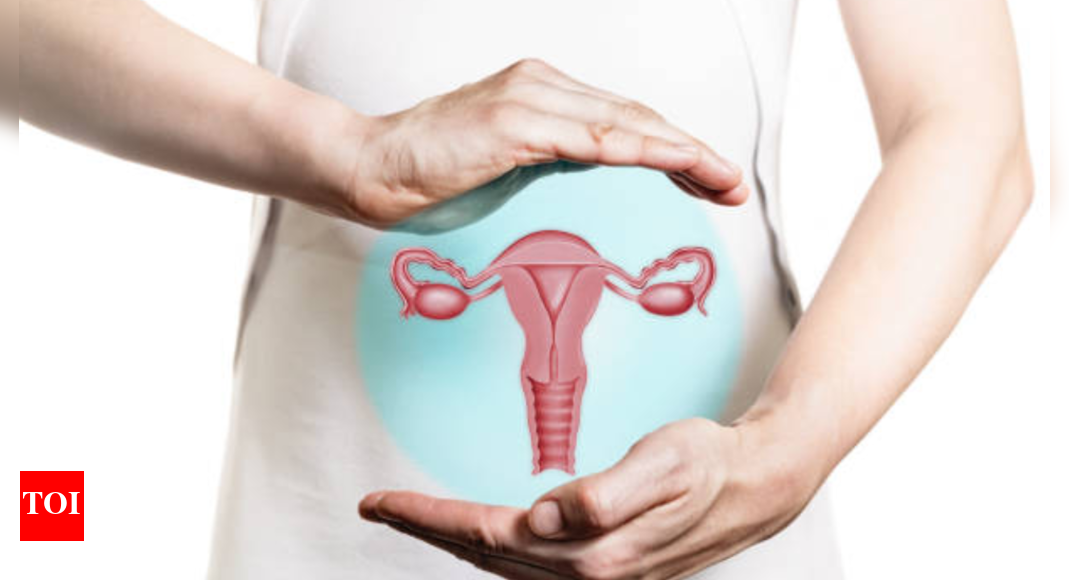A new study from MUSC Hollings Cancer Center has found that women who survive cervical cancer may have a much higher risk of developing anal cancer later in life, a risk that most of these women probably aren’t aware of yet. The findings of the study have been published in JAMA Network Open.
What did the researchers find?
The study looked at the health records of over 85,000 women in the United States who had been diagnosed with cervical cancer. By analyzing data from the National Cancer Institute’s SEER database, a major cancer registry program, they tracked these women for as long as twenty years to see how many developed anal cancer down the line.
What they discovered was pretty eye-opening: women who had survived cervical cancer had almost twice the risk of getting anal cancer compared to women in the general population. The longer it was since their cervical cancer diagnosis, and the older the women got, the higher their risk seemed to climb. This risk especially shot up for women between the ages of 65 and 74 who were over 15 years past their original cervical cancer diagnosis. In fact, in this age group, the rate of anal cancer has become so high that it’s higher than the threshold where doctors usually start thinking about screening people on a regular basis.
Why is this happening?
Both cervical and anal cancers are strongly linked to infection by the human papillomavirus, or HPV. Most people know that HPV is a big cause of cervical cancer, but it’s also responsible for most cases of anal cancer. Though lots of people are exposed to HPV, only some go on to develop these cancers. The process takes a long time, often decades. Sometimes, the virus stays dormant in the body for years and causes changes to cells very gradually. So, even after successfully treating cervical cancer, there’s still a risk that HPV could lead to another related cancer years down the road.
What about screening?
Here’s where things get tricky: right now, there aren’t clear guidelines recommending routine anal cancer screening for women with a history of cervical cancer. Routine anal cancer screening is advised for a few specific high-risk groups, like people with HIV, organ transplant patients, and women who’ve had vulvar cancer. But even though this new study suggests that former cervical cancer patients are at high risk, they’re not yet included in those guidelines.One reason for this is that, until now, not enough long-term data was available to show just how big the risk really was or how it changes as women get older and more years go by after their cervical cancer diagnosis. This new research fills in those gaps, showing exactly how risk builds up over time.
How can anal cancer be detected?
There actually are ways to screen for anal cancer. The main tools are an anal cytology test (which is similar to the Pap test used for cervical cancer) and anoscopy.
Why does this matter?
Survivors of cervical cancer have already overcome a major health challenge, so no one wants them to go through a second, preventable cancer if it can be avoided. Because screening everyone isn’t realistic, targeting screening to those at higher risk, like women who survived cervical cancer many years ago and are now older, makes practical sense. If someone has had cervical cancer in the past, especially a long time ago and is now older, it may be worth talking to a healthcare provider about the possibility of anal cancer screening.
